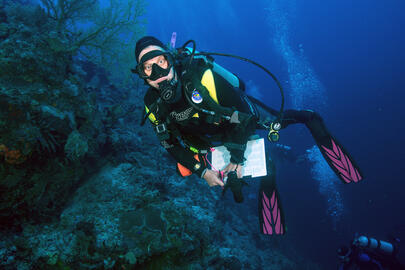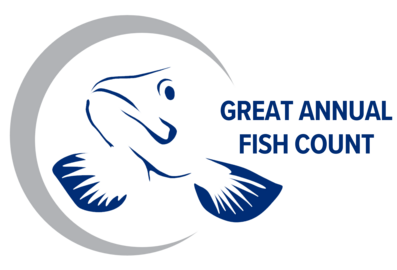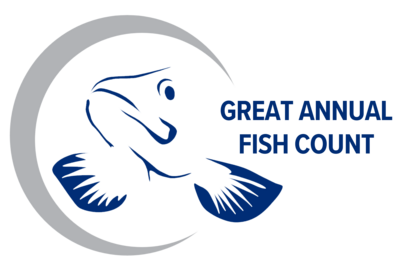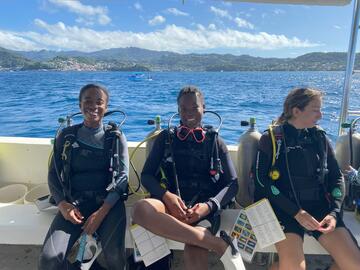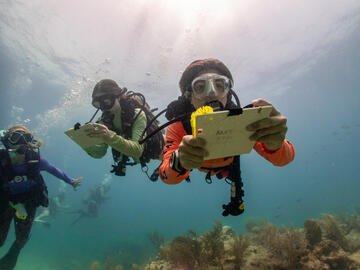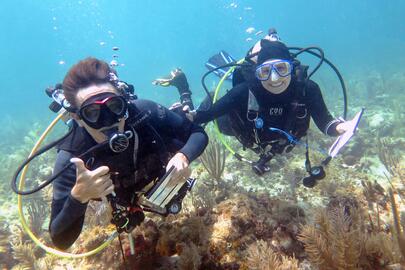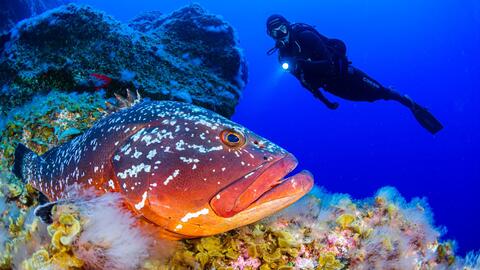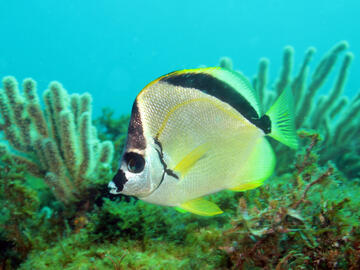Welcome to Citizen Science Corner, our quarterly feature to celebrate those who recently reached a milestone in our Volunteer Fish Survey Project. Here are achievements from January, February and March, 2024.
Juvenile Hamlet Award
The Juvenile Hamlet Award is for individuals who have conducted 500+ REEF surveys. Congratulations to our latest Juvenile Hamlet Club member, Naomi Wooten! Read more about the Juvenile Hamlet award and others who have achieved it.

